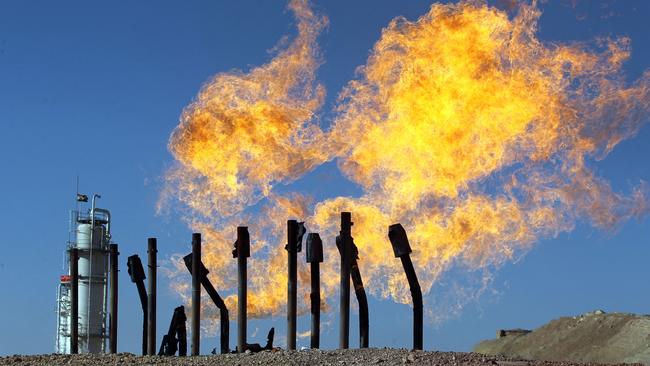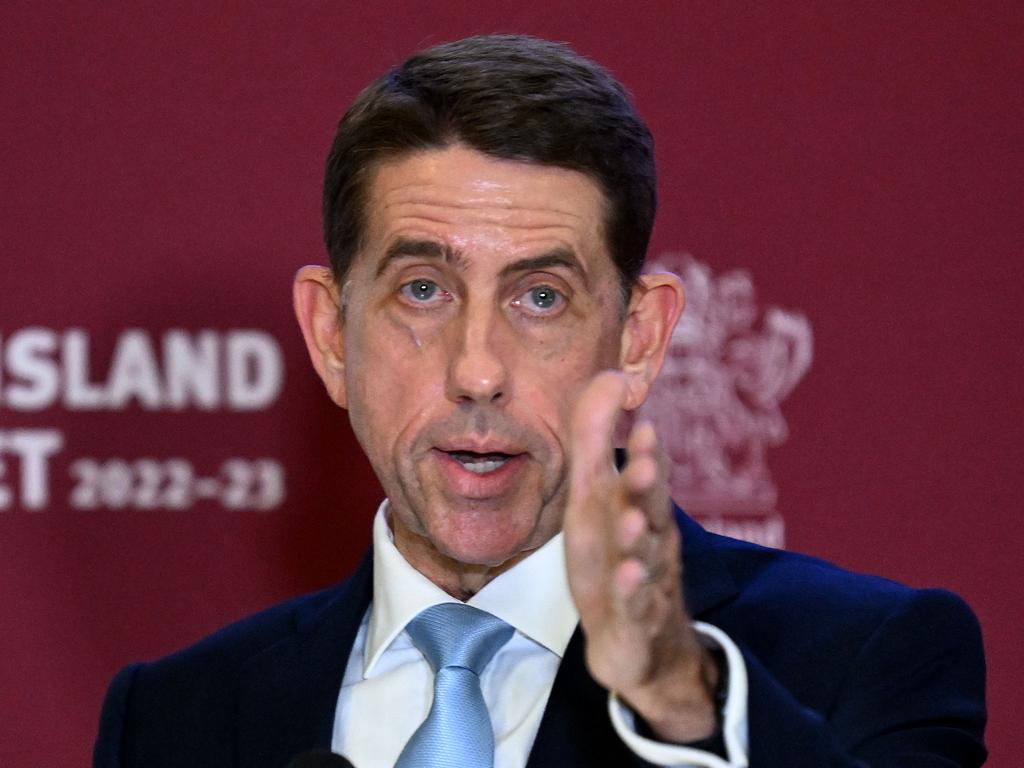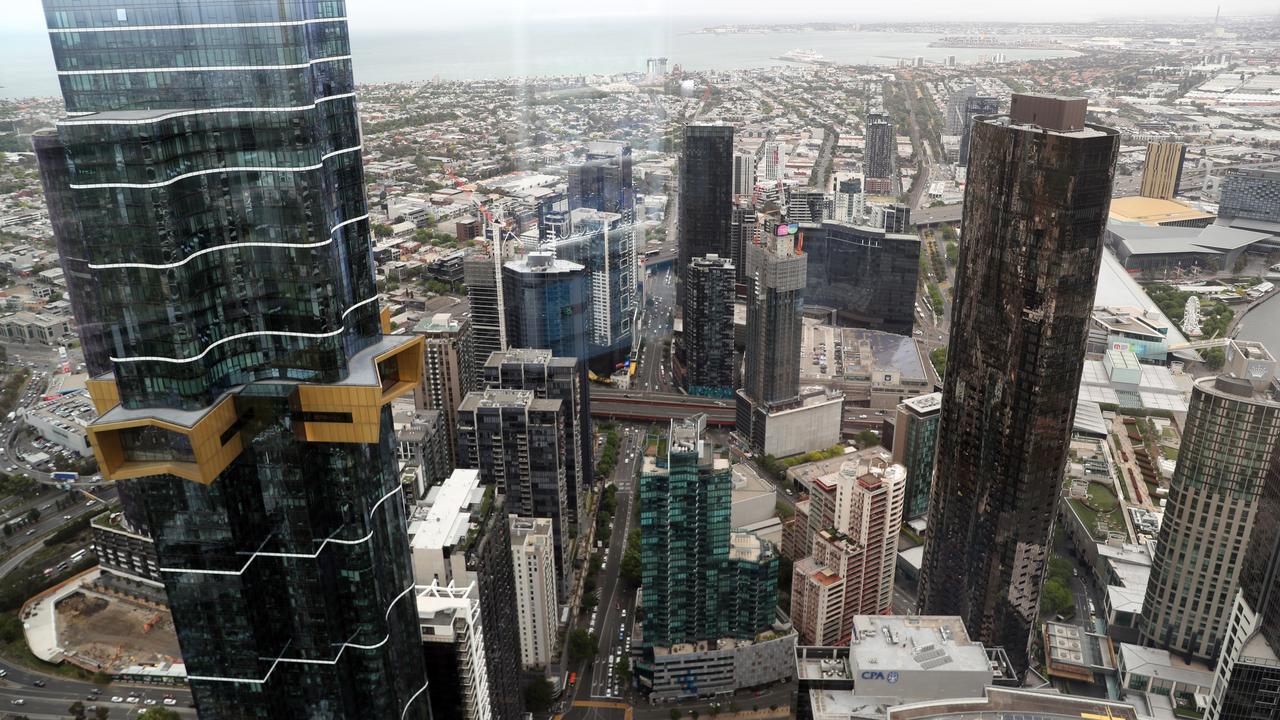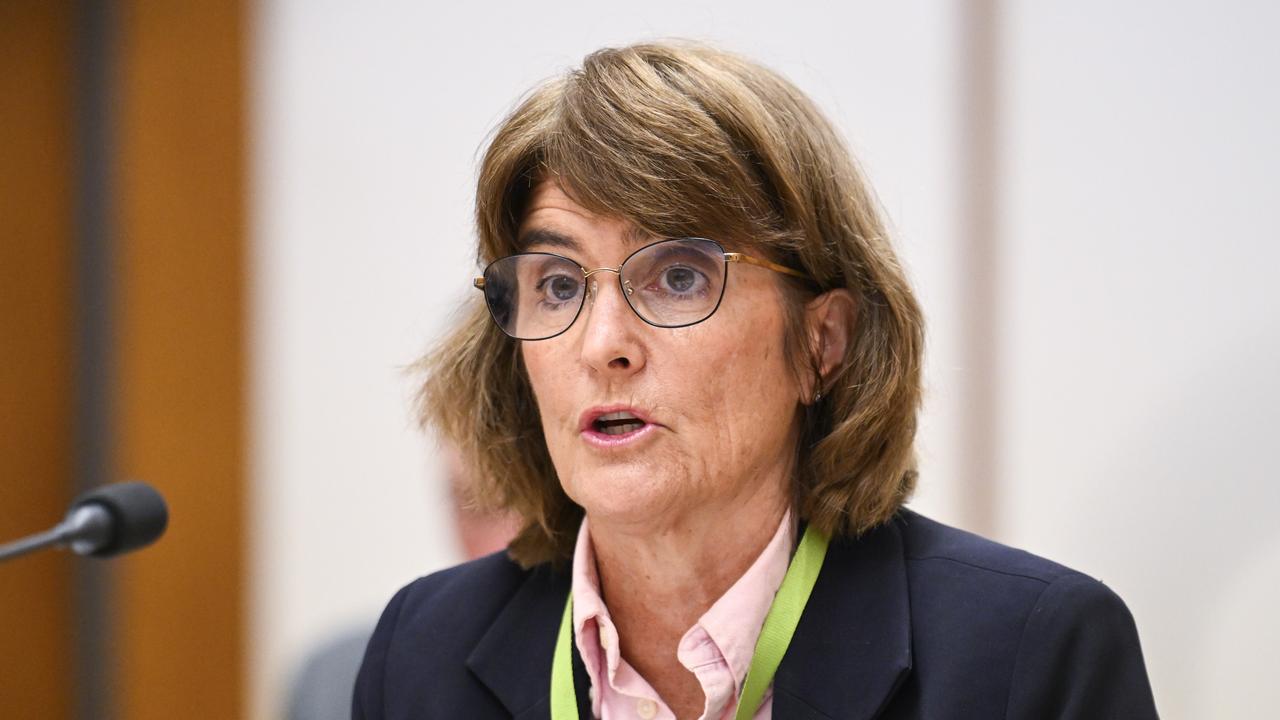A federal super-profits tax can’t be ruled out but timing could be off

Do not rule out a federal super-profits tax in Australia. It’s already in Queensland.
That said, those calling for a windfall tax may be disappointed in what it could deliver. Even if the federal Labor government backflips and introduces one, there is a good chance it will have missed the boat on peak energy and mining company profits.
So far, Labor has ruled out a super-profits tax despite rising energy prices. Both Treasurer Jim Chalmers and Energy Minister Chris Bowen have resisted calls from unions and the Greens. Things are a lot more complicated, they say.
They certainly are. Instead Labor is putting much store in its jobs summit in September and its first budget in October, which the Treasurer says he will use to make the economy more resilient and forward-looking. By October inflation will be heading towards 7 per cent. By then peak inflation may be forecast as higher than that, piling political pressure on the government to deal more aggressively with the cost of living. Lettuce may be back but everything will be more expensive.
The chance of a super-profits tax before October is extremely low and that is a full three to four months away. Unless the government decides to impose a windfall tax retrospectively – surely out of the question, given that the August reporting season and dividends will have been announced – it may well miss the peak.
Revenues in the iron ore and coal sectors are a major factor in Friday’s monthly figures, showing the underlying budget deficit at $33.4bn in May compared with an expected $60.5bn. But on Sunday the Treasurer warned iron ore prices last week fell 12 per cent and they will stay volatile as US and European economies slow down.
On Thursday, Washington time, the IMF slashed its forecast of economic growth in the US this year to 2.9 per cent, noting that there was a narrowing path to avoiding a recession in the US.
The better news was that all 33 of America’s biggest banks passed the Federal Reserve’s annual bank stress test, which gauges their ability to manage a severe downturn.
Britain is in dire straits. Boris Johnson has not been toppled because no one wants the job of Prime Minister in a country where inflation is 9 per cent, wages are rising 4 to 5 per cent, energy prices are soaring, and on Sunday there were transport strikes nationwide. If Jim Chalmers wants to know what a shit sandwich really tastes like, go to Britain.
Falling Western world demand will be felt in the world’s manufacturing hub of China, itself plagued by zero-tolerance Covid lockdowns. The knock-on to Australia’s iron ore and metallurgic coal is palpable.
Britain’s super-profits tax on oil and gas is more justified given its energy crisis. At meetings last week with the UK Chancellor, the oil and gas sector squealed about investment risk, but so far major commitments like Rosebank in the North Sea will still go ahead.
The investment argument is relevant in Australia.
The government is banking on $58bn from the private sector to build out the energy grid to bring in renewables, which will eventually lower retail prices.
In this energy grid, gas is critical and will become even more important. So a super-profits tax on the oil and gas sector remains complicated. Jim Chalmers has even ruled out changes to the Petroleum Resources and Rent Tax in the upcoming budget, which his predecessor Josh Frydenberg had been working on.
Instead, the government’s focus is on the big tech companies with a tax on multinationals. Unfortunately the timing of that is pegged to international progress.
Every week the cost of living bites harder and most Australians face a real wage cut. If inflation goes to 7 per cent, that includes those on the minimum wage who will receive a rise of 5.2 per cent. The government does not support across-the-board wage rises to match inflation. But it does have high hopes that its jobs summit will relaunch enterprise bargaining, which should increase productivity and deliver meaningful wage rises for workers.
Some of those behind the Accord in the 1980s are still in the background and influential, including former ACTU secretary Bill Kelty, former RBA governor and Treasury secretary Bernie Fraser and former prime minister Paul Keating.
Current ACTU secretary Sally McManus made progress with the BCA’s Jennifer Westacott last year on a possible deal before it was kiboshed. But last week she came out swinging against RBA governor Phillip Lowe, accusing him of living in boomer fantasy land to think there was a risk of wage increases of 5 to 7 per cent.
Jim Chalmers wants his external review of the RBA to include the make-up of the board. Almost certainly we can expect a recommendation to include a union representative. Bill Kelty’s work on the board with Bernie Frazer will be cited as constructive and informative.
On Sunday Jim Chalmers did his best to hose down McManus’s attack on the governor but given her personal criticism, the union candidate could well be someone like the AWU’s Dan Walton.
Writing in The Australian in April, former RBA deputy governor Stephen Grenville argued for a super-profits tax on economic and fairness grounds.
But he said there was a lesson Rudd government’s doomed super-profits proposal.
Treasury must design a simple and defensible tax and introduce it at a time when commodity prices are weak and the super tax would be low or zero.
That is not now.
Like it or not, the timing of the Queensland government’s super-profit grab from coal miners, announced without consultation in last week’s budget, is more astute even if it is banana-republic policy. The tax starts as of July 1 and takes 40 per cent of all profits over $300 a tonne. Newcastle coal futures currently sit at just under $US400 a tonne.





